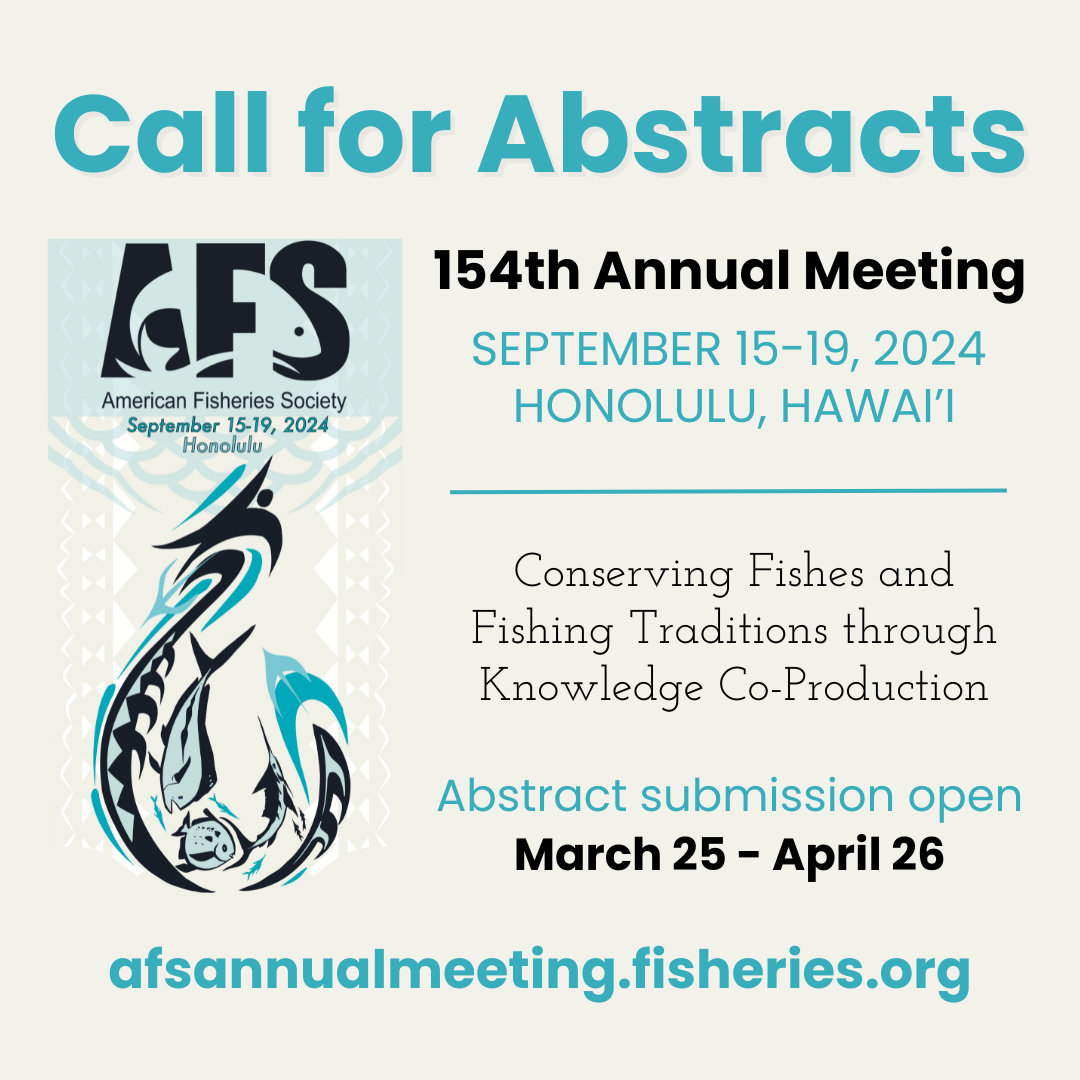Drue Banta Winters | AFS Policy Director. Email: [email protected]
Julie Claussen | Fisheries Conservation Foundation
Carolyn Hall | Works on Water
Katie O’Reilly | University of Notre Dame
As fisheries scientists, we understand the value of water. Our work is intrinsically connected to it and its many facets: its quality, flow, availability, and temperature, to name a few. Human-caused climate change is increasingly putting a spotlight on our relationship to water. Fisheries scientists are rapidly adjusting to the consequences of higher temperatures, warming waters, drought, forest fires, more intense storms, and sea level rise for both fish and human communities. Yet nearly 40% of Americans still do not believe climate change has a direct connection to them, according to the Pew Research Center (https://pewrsr.ch/3eoVsAh). This disconnect alarmed and inspired AFS Past President Scott Bonar to issue a call to action for AFS members to reach out to non-scientists with the goal of building support for reducing fossil fuel emissions.
It is often said that as AFS members, we are great at speaking to each other. We love to share graphs and statistics, but that passion for data often doesn’t resonate with journalists, policymakers, or other audiences. The skills needed to connect with non-scientists about our work and how it relates to the changing climate generally falls outside the communication comfort zone for many of our members. The good news is that many fisheries professionals are looking to be part of changing the narrative around climate change, and are eager to develop the skills that will help them be effective in their communication efforts.
That was the impetus for the AFS Climate Ambassador Program. What began as a relatively modest idea for communications training has developed into a unique 2-year program to build a network of skilled fisheries and climate science communicators who can interact with a broad range of audiences using a variety of communication techniques.
The application process for the first cohort of 30 ambassadors was held in the fall of 2020, and the response was overwhelming, with close to 100 applications submitted. A selection committee evaluated the applications, considering regional and ecosystem representation, as well as applicants’ areas of expertise. Our inaugural class of 30 talented scientists began their training in January 2021 with the COMPASS Message Box Training, followed by a lecture from Randy Olsen in his “And, But, Therefore” narrative training. Ambassadors now meet twice a month for a training session that explores a communications topic, followed by a hands-on practical skill building session. The training sessions have included narrative development, communicating with policymakers, exploring improvisation and acting skills, gaining confidence with media pitches and journalists, effectively using visuals, and developing compelling presentations.
Most importantly, Ambassadors are learning to connect their own personal experiences that express why they care and relate to why they want and need the audience to care about the fish and waters that are being impacted by climate change. To do this, they are learning how to take into account their audience’s thoughts and feelings in order to craft a message that is based on shared values. And they are exploring the power of visuals and image-rich descriptions to emphasize key points, leaving behind the world of complicated charts and graphs and technical terminology.
In the recipe to make this program matter, the key ingredient was a group of dedicated individuals willing to explore, expand their perspective, assess their communication strengths and weaknesses, practice new methods, and welcome evaluations. This first cohort of Climate Ambassadors are meeting those challenges head-on. They volunteer their time not only to attend the training and working sessions, but also to produce various outreach materials, such as essays, media pitches, presentations, policy fact sheets, or just practice having meaningful conversations about climate change.
The techniques and skills gained through this program are preparing the Ambassadors to inspire audiences to both care and be motivated to act. Actions for change are a personal choice and will range from increased interest in their local fish populations and waters, to signing up for community science monitoring, to contacting their representatives with policy suggestions, to creating public momentum behind reducing the use of fossil fuels. Whatever level of action our Ambassadors inspire, they are showing that the future is indeed bright in our ability to change perspectives and engage our diverse audiences.
The Climate Ambassador Program is supported by a grant from NOAA Fisheries, in-kind support from the Fisheries Conservation Foundation, and nearly 1,000 volunteer hours from a small team of science communicators who are building the program from the ground up and counseling the Ambassadors to hone their skills.
Meet our Ambassadors on the Climate Ambassador webpage (
https://bit.ly/2RL5rYq) and consider applying for the next class, set to begin fall 2022.






